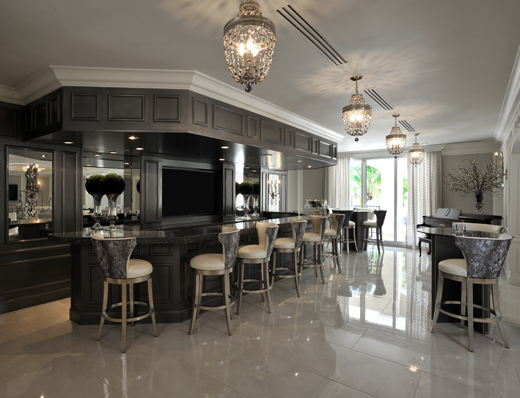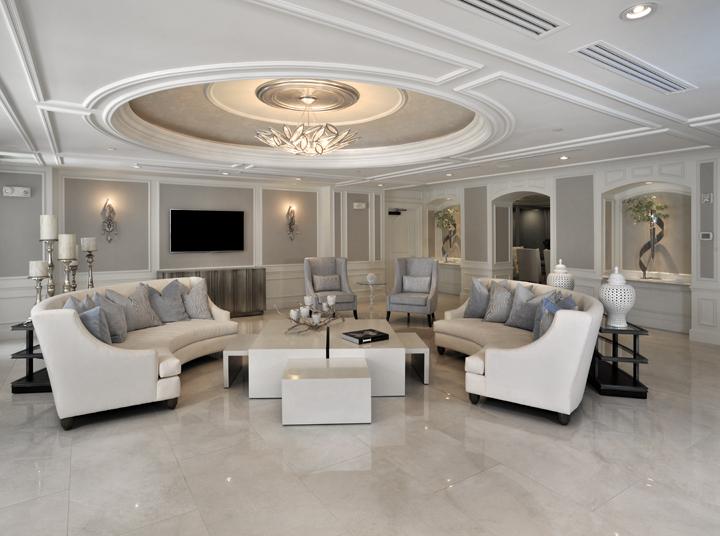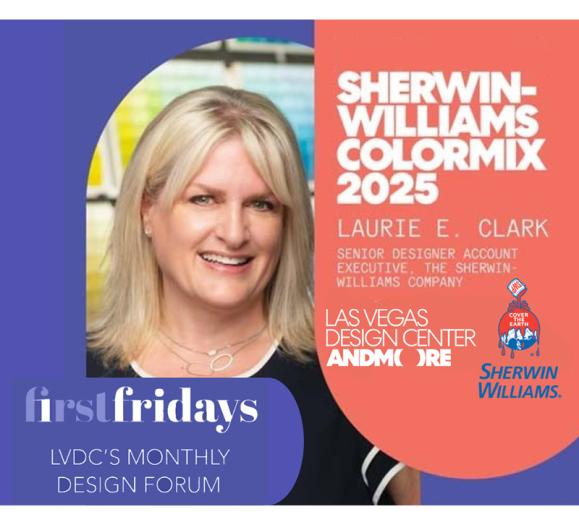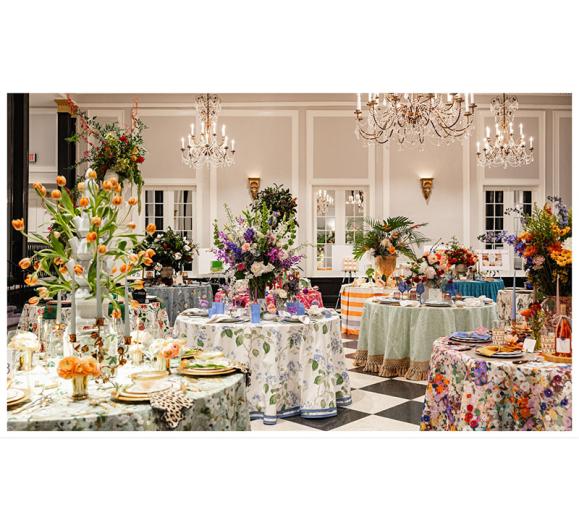Ask anyone in the home furnishings industry to name the top furniture stores in the U.S. based on the availability of luxury brands, customization and superlative design services, and Clive Daniel Home (CDH) will undoubtedly sit at or near the top of the list. Yet, many might be surprised to learn that Dan Lubner, Chief Executive Officer, describes the well-known retail business with showrooms in Naples and Boca Raton, FL, as more design firm than home furnishing chain. No doubt they would be even more surprised to learn that residential interior design is really only half of the story.
While “resimercial” is the descriptor of the moment in hospitality circles, the combined term that depicts the crossover between residential and commercial design trends has actually been the raison d’etre here since the launch of Clive Daniel Hospitality (CDH) in 2011. With world-class hotel projects as close to home as the quintessentially iconic Breakers Hotel in Palm Beach, FL, and as far-flung as Croatia (along with an impressive and ever-growing portfolio of luxury high-rises, restaurants, resorts and other commercial properties from banks to clubhouses), the thriving division was powered by a residential aesthetic long before resimercial was a buzzword in the design community.
Nancy Woodhouse, IDS, Vice President of the division, describes the relationship between Clive Daniel Home (CDH) and Clive Daniel Hospitality (also CDH) as synergistic. “Our background in retail actually gives us an edge because we have built-in buying power, sourcing power and creative power that a lot of individual firms simply do not,” she relates. “Any design firm can choose fabric and paint colors, but it’s the connectivity of those materials and the entire canvas that generates revenue for commercial spaces.”
CDH customers frequently cross between the two divisions. “The great thing about our structure is that as we’ve moved through the years, connecting Clive Daniel Hospitality from a branding standpoint became very practical because so many people recognize the Clive Daniel name from the commercials and marketing of the showrooms,” Woodhouse says, “and it’s not uncommon for a customer shopping for furniture to say, ‘Oh! You guys do hospitality! I actually own a restaurant.’”
Conversely, though it “often happens that the clients love our work so much the CEOs and owners want us to come to their home, we’ll say, ‘We’ve got a great designer for you!’ and direct them to the showroom, because our expertise is hospitality and that’s where we stay,” she adds.
Success demands “that people stay in their lanes,” Lubner says, “because hospitality and residential are two completely different disciplines. The analogy we use around here is that if you have a problem with your eyes, you don’t go to a foot doctor.”
The hospitality specialists here take a team approach. “Unlike a lot of design firms where there is a project manager and an assistant, and often only two people on a project, we work in small groups of four or five with each team member bringing a different type of specialized background to the collective. So, if someone is out sick, there is always somebody forward-facing to the client,” Woodhouse explains.
What’s in Store
The expertise necessary to run a world-class retail operation benefits all concerned. “There’s an old adage that in hospitality you don’t make one mistake; you make one mistake that’s repeated 250 times depending on how many units you’re doing,” Lubner says. “You’ve really got to make sure that everything is done to perfection.
“Here’s what makes us so different in the industry: If you take your hand and lay it flat on the table with five fingers and start with the thumb, you’ve got someone who designs a lobby, a restaurant or a hotel. The pointer finger is going to be the procurement company and then you have someone do the logistics, and someone do the warehousing, and then another company do the installation. When you’re taking the client through that process, you’ve got everyone doing it on a ‘cost-plus’ basis. Of course, if all you do is warehousing, you’re entitled to make a profit on that, and if all you do is purchasing, you’re entitled to make a profit on that and so on and so forth.

“With us, you take the hand off the table and make a fist,” he continues. “That’s the benefit of having the residential side of the business. We’ve got the warehousing, we’ve our own installation crews that are able to install anywhere around the world. We’ve got our ordering and tracking, so we have more hands on deck to assist the stand-alone designers who are only working in hospitality. In turn, because everything is vertically integrated, we’re able to pass along savings to the client. Instead of spending their budget on ancillary services, they can maximize their investment in FF&E, and we’re able to make a profit as well, enabling us to put more into the project and more into the design with a higher level of fit and finish.”
The difference is control. “In hospitality when something goes wrong, the people installing are going to blame the factory. The factory is going to blame the designer. The designer is going to blame the purchasing agent. ... The beauty of what we do is that there’s nothing in between. We’re responsible for the budget, the timeline, the quality and the aftercare. We take 100 percent responsibility for the projects that we work on, from inspiration to installation.”
In fact, that’s Lubner’s favorite aspect of the entire business. “I love sitting down and working through the nuances of a contract with a big hotel, a shared ownership company or a builder knowing that we’re going to be able to deliver on the promise.”
In the beginning, however, there is the story. “We always start with a story,” Woodhouse says. “Who’s the client, who’s the end-user, who’s the owner? In a restaurant, for example, we look at everything from the table design to what the hostess is wearing, because it all has to be cohesive. In any project, we touch it all from the curb to the back of the property, because we look at it as a master plan, a total package, and each aspect must speak volumes. We don’t just sell sofas.” *







